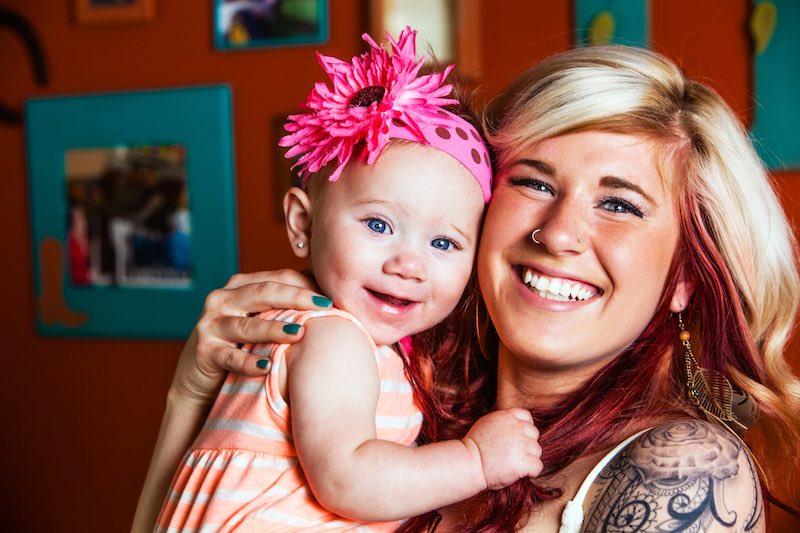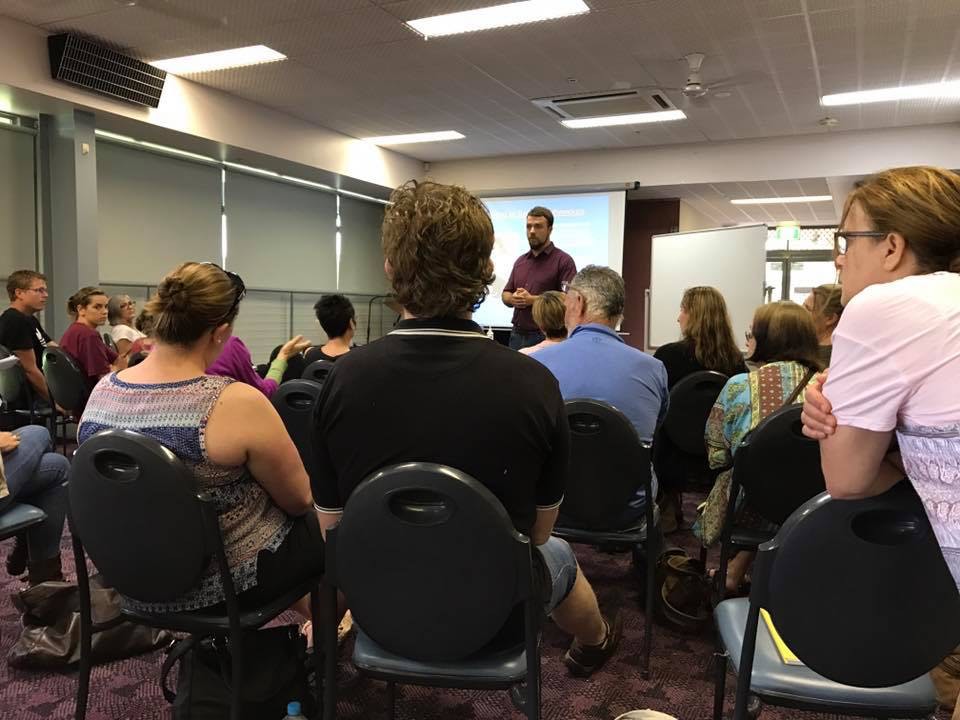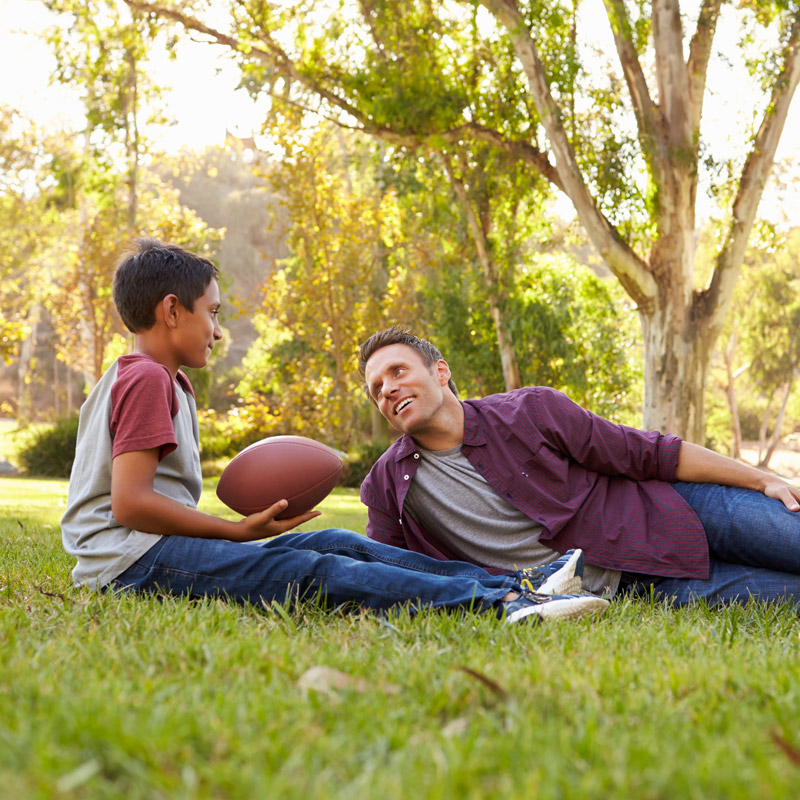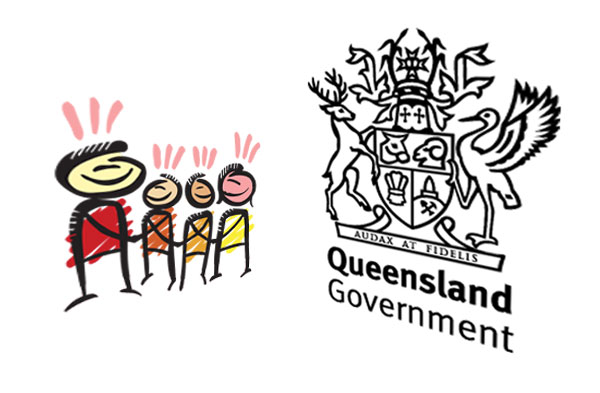Our work with parents, carers and residential teams

Our brain-based approach to family intervention, involves applying the same principles of neuroscience we use with children, to our work with the adults who care for them. So the support we provide to care-givers commences in a similar way to our work with young people in that we place a strong emphasis on ‘connection’ before ‘correction’.
We recognise that the parents we support have usually also suffered the impacts of intergenerational trauma or other disruptions to their own development and the carers/residential workers we support are under incredible stress and are often frequently exposed to violence and threats to their physical safety, resistant or intense controlling behaviours from young people, vicarious trauma and compassion fatigue (through exposure to child trauma histories, disclosures and child’s ongoing engagement in harmful activities or relationships), and frequent situations where they are required to manage the safety of a young person engaging in extremely high-risk behaviours.
For this reason our work with care-givers always starts with hearing their individual story and validating their experiences. We believe providing them with empathy, and a sense of being understood and cared about, needs to occur before we attempt to bring their attention to the experiences of the child. Once we have established a connection, we begin to focus on reducing immediate stress on the family, repairing relationships and engaging the care-giver in our Complex Care psycho-education program.
The 12 week psycho-education program is designed to promote increased self-awareness in the care-giver, while supporting them to depersonalise the child’s behaviours. Through exploring the neurobiology of trauma and attachment, it allows care-givers to reframe the child’s reactive responses and poor self-regulation as hard-wired survival brain circuits developed under conditions of overwhelming threat. The care-givers are also taught to view the child’s attempts to avoid or control them, as resulting from the child’s early developmental experiences of having unavailable, inconsistent or frightening caregivers.
Once the care-giver is able to view emotional regulation and empathy as skills, they are equipped by our therapists with strategies that support the child’s capacity to - monitor, modify and express their emotional experience; and to begin to integrate and resonate with the needs and emotional experiences of others (build empathy).
Once the carer and young person have both established strong connections with our therapist, we can begin to engage them in dyadic psychotherapy (bringing the care-giver and child together in the session) using Dan Hughes PACE model as a way to explore issues, provide nurturing early developmental experiences with the ultimate goal of creating a healthy attachment.
| For an overview of Therapeutic Services (Generic Terms of Reference) |
Click Here |






